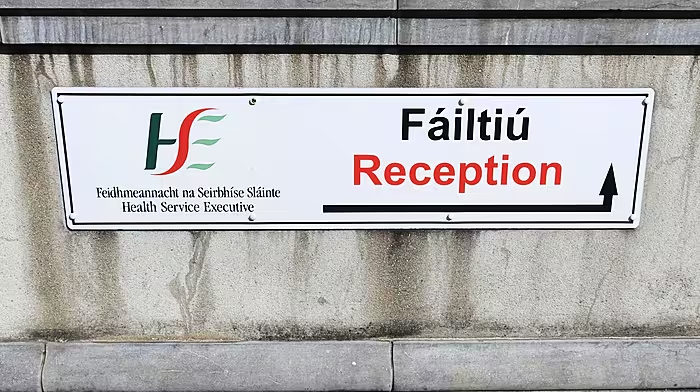The political parties contesting the general election next week are split about the fate of the Universal Social Charge (USC) with some arguing that the country cannot afford to forego a potential €3.7bn in tax receipts, which could be used to tackle issues such as the long-standing deficits in our public health service and in the provision of an adequate supply of social housing in order to address the unacceptable increase in homelessness of the past eight years.
THE political parties contesting the general election next week are split about the fate of the Universal Social Charge (USC) with some arguing that the country cannot afford to forego a potential €3.7bn in tax receipts, which could be used to tackle issues such as the long-standing deficits in our public health service and in the provision of an adequate supply of social housing in order to address the unacceptable increase in homelessness of the past eight years.
Fine Gael seems most intent on getting rid of USC – phasing it out completely between now and 2020 – as the party regards it as a sort of toxic tax that it inherited from the previous Fianna Fáil-led administration, who imposed it at the behest of the EU-IMF-ECB troika. As Minister for Finance Michael Noonan stated in revealing Fine Gael’s taxation policy at the launch of the party’s election manifesto, USC was only ever meant to be a temporary taxation measure to get the economy out of a calamitous situation.
Having to pay USC is just one of the many sacrifices the taxpayers of Ireland have been forced the make in order to bail out the banks and a shackle most of them would want to have removed as soon as possible. The other main political parties are conscious of this too but not prepared to go that far: Fianna Fáil would abolish USC on all incomes up to €80,000pa, while the Labour Party would do likewise up to €72,000, but Sinn Féin wants to retain USC on incomes over €19,500 – effectively from the minimum wage upwards – and all of these policies have to be read in tandem with the various other taxation measures the parties have proposed in what is another pre-election bout of auction politics that needs to be treated with great caution.
The possibility of a hung Dáil and the lack of certainty about who will be forming the next government – and it could be any permutation or combination – renders the parties’ promises on the emotive issue of USC and taxation in general hypothetical to a great degree, as policy compromises would need to be made in negotiating a programme for government and those of one of the smaller parties or of some independents could well come into play at that stage.
Just like the International Monetary Fund, some of the newer small parties want to keep USC, including the Social Democrats, whose spokesman Stephen Donnelly, TD, envisages it helping to fund a new NHS-style health service, education and ‘to properly back Irish businesses so that they can succeed just as much as the multinational sector has.’ They do not want to erode the tax base and say they would also use the USC revenue ‘to get us ready for the next macro shock that is coming from China or somewhere else.’
Lucinda Creighton’s Renua party wants to completely overhaul and simplify our taxation system to make it more progressive by having a 23% tax on everything across the board, from people’s income to VAT, and even though its critics have dismissed it as simplistic, the policy does have some merits worth considering. The way we do taxation is in this country is mind-boggling and the public would welcome some simplification, however doing so could make many taxation advisers redundant, so their backing of it would be like turkeys voting for Christmas.
One big problem with all the promises being made around the USC and other taxation matters is that they are predicated on ongoing optimistic economic growth forecasts that may or may not be sustainable. Warnings of an international shock beyond our control are conveniently being put on the back burner in efforts to sweeten the electorate, but they are still there in the background and should not be disregarded.
Benjamin Franklin famously wrote that ‘there are only two things certain in life: death and taxes.’ Whatever is agreed in the new programme for government – by whoever is ultimately involved in doing so – must ensure that the tax base is not eroded in the way that it had been prior to the economic collapse of eight years ago which led to the imposition of USC in the first place, or else we will not have learned anything from the costly downturn that robbed us all of so much.







